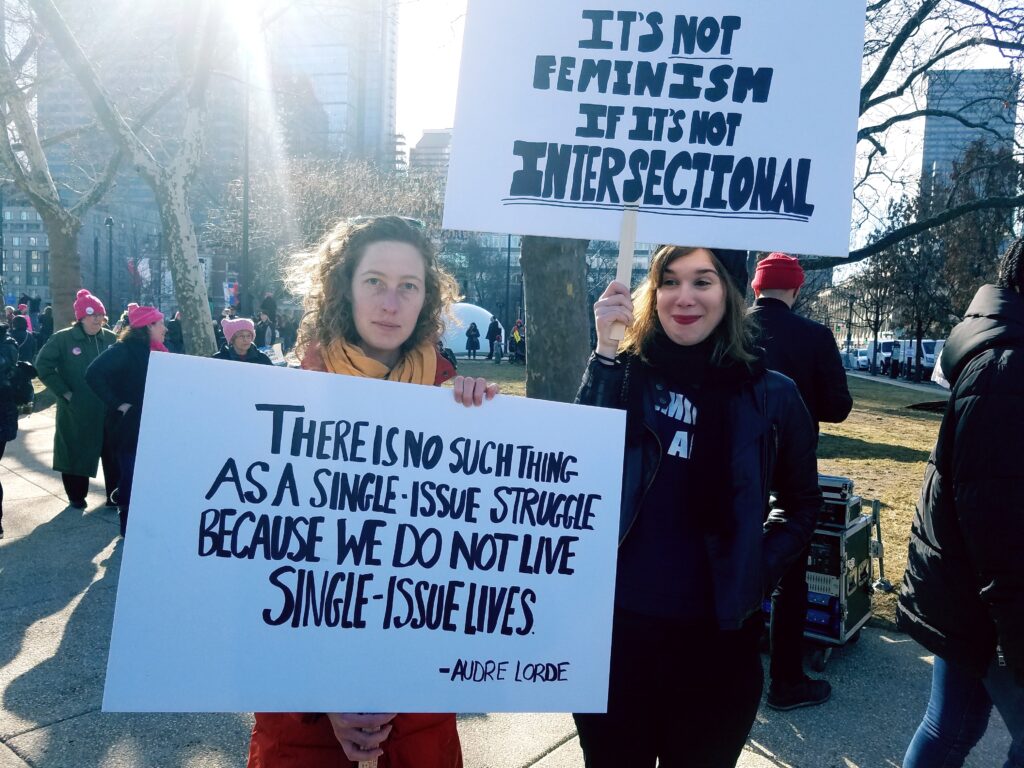This analysis will be examined through the lens of identity based social movements. Though these will not be the main theoretical framing of this project, identities relevant to the #MeToo social movement are also rooted in feminist theory and intersectional theory as defined by Kimberle Crenshaw. Identity based social movements are the most significant theoretical framework through which this study can be approached, as those involved in the #MeToo movement experienced concurrent identity construction that helped to propel the social movement their identity was tied to (Burke and Stets 2023; Saunders 2013). According to Jasper and McGarry (2015:1), “collective identity is a banner under which people can be mobilized for political, military, or other collective action.” In the case of the #MeToo movement, individuals were unified by a shared identity as survivors of sexual violence. Allies of these individuals also identified with the movement, and this combined group was able to mobilize for collective action to speak out against sexual violence.

It is also relevant to briefly note that feminism exists within identity based social movement theory (Schulz 2017). The #MeToo movement is rooted largely in what one scholar refers to as Anglo-American feminist activism (Boyle 2019), while another uses the term Western feminism (Di Stefano 1998). Many members of the #MeToo movement shared a common identity as feminists. Additionally, while created by a woman of color, the movement was only brought to popularity when #MeToo was used by prominent white women (Leung and Williams 2019). This brings in the component of intersectionality, in which race, sexuality, and social class also play a role in the lives and identities of survivors (Manshell 2018).